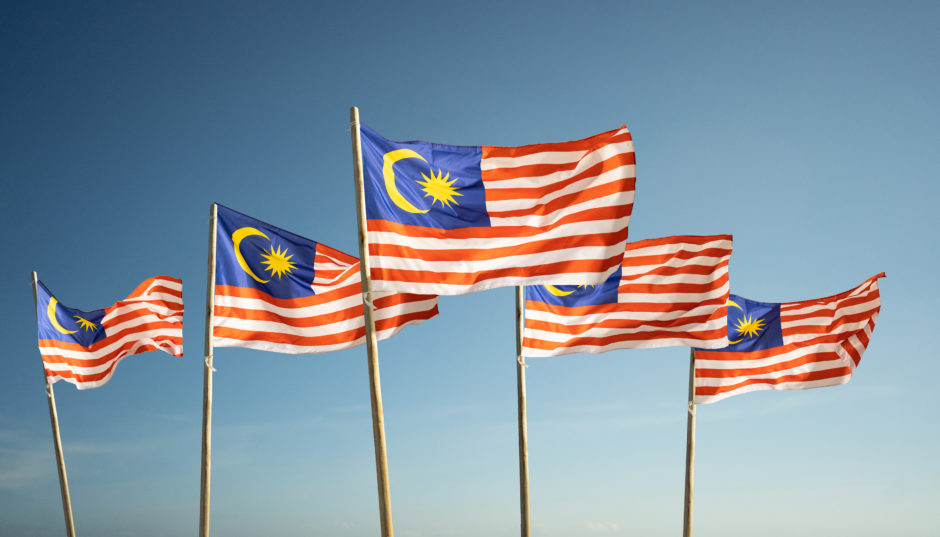
Shell and its partners, Petronas Carigali and Brunei Energy Exploration, have taken a final investment decision (FID) on the Timi sweet gas development offshore Malaysia that will help boost the country’s liquefied natural gas (LNG) exports. Significantly, Shell said the development marks its first offshore wellhead platform to be powered by solar and wind in Malaysia.
The Timi field is about 200 kms off the coast of Sarawak and its development is designed to pump up to 50,000 barrels of oil equivalent per day (boe/d) at peak production, Shell said today. Shell said it will evacuate its gas to the F23 production hub via an 80 km pipeline while supporting the future growth in the central Luconia area, off the coast of Sarawak.
“The Timi development features Shell’s first wellhead platform in Malaysia that is powered by a solar and wind hybrid renewable power system. This unmanned platform is approximately 60% lighter than a conventional Tender Assisted Drilling (TAD) wellhead platform. This project also includes the drilling of two wells,” added Shell.
Timi will be developed as part of the SK318 production sharing contract (PSC) with Shell as the operator holding 75% equity. The other two partners are Malaysia’s state-backed upstream player Petronas Carigali (15%) and Brunei Energy Exploration (10%).
Shell is also preparing to give final approval for the development of its Rosmari-Marjoram sour gas fields in late 2021 or early 2022.
Shell is pushing ahead with the Rosmari-Marjoram and Timi projects in Block SK 318 offshore Sarawak in East Malaysia. Timi is a sweet gas discovery. Combined peak production from both the Shell-operated field developments is estimated at 150,000 barrels of oil equivalent per day.
Malaysia needs to unlock sour gas fields to help maintain LNG exports, as many of the country’s easiest-to-exploit sweet gas fields have already been commercialised. Significant multi-trillion cubic feet discoveries continue to be made off Sarawak over the past decade, including Kasawari, B14, Rosmari-Marjoram, as well as Lang Lebah. But their commercialisation has been complicated by the presence of acid gas contaminants.
